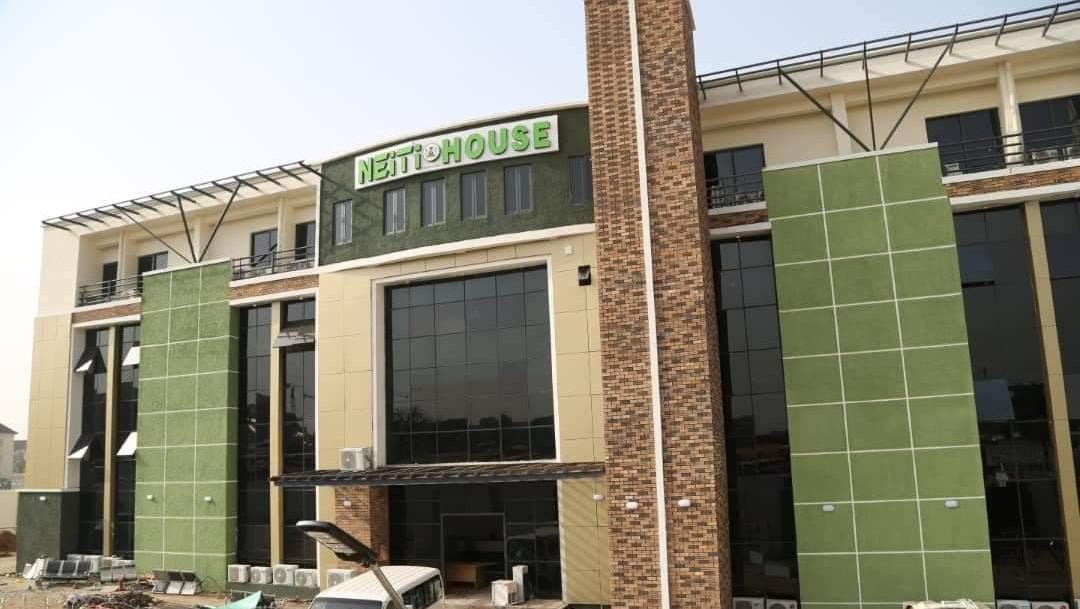Civil Society Organisations (CSOs) committed to transparency and accountability in the extractive sector are to adopt new guidelines to regulate their role under the Extractive Industries Transparency Initiative (EITI) process in Nigeria.
The new guidelines will harmonise existing frameworks and platforms of engagements under the EITI process into a comprehensive NEITI-CSO Constituency Guideline for the oil, gas and mining sectors of the economy.
The Executive Secretary of NEITI, Orji Ogbonnaya Orji, said the new guideline would be modelled after the EITI Constituency guidelines released at the Dakar Global Conference in June this year.
Orji disclosed this in Abuja in his opening remarks during an enlarged consultative forum convened by the Nigeria Extractive Industries Transparency Initiative NEITI, the Civil Society Organisations (CSOs) to discuss issues affecting the smooth application of the EITI process in Nigeria.
One of those issues discussed was the delay in the consideration and approval of the 2021 NEITI Industry Report as a result of the absence of the National Stakeholders Working Group (NSWG), also known as the Board.
Under the EITI standard, which operates through a multi-stakeholder system, the NSWG is the highest decision making body, mandated to give the final approval for key action plans, including consideration and approval of the annual industry audit reports.
With the dissolution of all Boards of Ministries, Departments, Agencies and parastatals by the Federal Government last June, the consideration and approval of the industry reports for the oil and gas as well as the solid minerals sectors were affected.
Orji said the consultative forum of all CSOs was convened to enable the CSOs, which plays a key role in the EITI process, to discharge the responsibility the Board was usually saddled with.
In addition, during the forum, a seven-member NEITI-CSO Constituency Guideline Harmonisation committee was also constituted to help the CSOs close ranks and forge a common front to advance good governance and transparency in the extractive sector in Nigeria.
The committee, which has one month to complete it’s assignment, is chaired by the Executive Director, Policy Alert, Tijah Bolton-Akpan, with the Executive Director, Extractive 360, Juliet Ukanwosu, as Secretary.
Other members of the Committee include the National Coordinator, Publish What You Pay Nigeria (PWYP), Mr. Taiwo Otitolaye; Executive Director, Centre for Transparency and Accountability (CTA), Faith Nwadishi; Executive Director, Centre for Development Support Initiatives (CEDSI), Mina Ogbanga, and the National Coordinator, Media Initiative for Transparency in Extractive Industries (MITEI), Bassey Udo.
In his acceptance speech after the constitution of the committee, the Chairman underscored the need for unity among CSOs and their commitment to the reconciliation process, to ensure effective discharge of their roles as important stakeholders in the NEITI/EITI process.
Akpan said the CSO forum would immediately commence consultations as part of the healing and reconciliation process to enable it build stronger partnerships in utilising the recommendations in the NEITI industry reports to push for further reforms under the NEITI/EITI principles of transparency and accountability.
He commended the NEITI management for initiating and facilitating the meeting and called for sustained regular engagements to ensure a smooth implementation of the EITI process in the country.
During the meeting, the CSOs expressed appreciation for the Federal Government’s special support to the NEITI Secretariat to secure a befitting permanent office accommodation, and urged the global EITI to acknowledge the same as an innovation worthy of emulation by other EITI implementing countries.
Also, the meeting welcomed capacity building programmes planned for CSOs, especially on the 2023 EITI Standard & EITI implementation in Nigeria, and look forward to its implementation.



